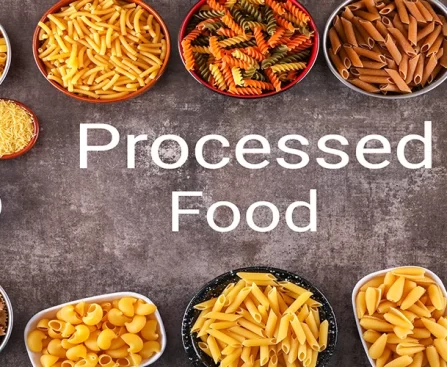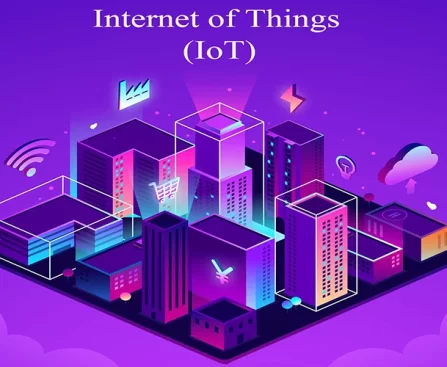Breast Cancer: Types, Symptoms, Causes, & Prevention is a malignant (cancerous) tumor that originates in the cells of the breast tissue. It primarily affects the cells lining the milk ducts (ductal carcinoma) or the lobules (lobular carcinoma) responsible for producing milk. Over time, these cancerous cells can invade nearby tissues and, in advanced stages, spread […]
Edge Computing: Powering the Next Generation of Connectivity is a distributed computing paradigm that brings data processing and computation closer to the data source or “edge” of the network, rather than relying solely on centralized cloud servers. In edge computing, data is processed and analyzed locally on devices or within local data centers, typically located […]
Migraine is a neurological disorder characterized by recurrent, throbbing headaches that typically affect one side of the head. Migraine headaches are often accompanied by other symptoms, such as nausea, vomiting, and sensitivity to light and sound. These headaches can be extremely debilitating and can last for several hours to several days, significantly impacting a person’s […]
Processed Foods: The Impact On Your Health refers to any food item that has undergone various mechanical, physical, chemical, or thermal processes during its preparation, with the primary goal of transforming raw ingredients into a consumable product. These processes are often employed to enhance flavor, extend shelf life, improve safety, and increase convenience. Processed foods […]
Digital Trust: Strategies for Protecting Data and Privacy refers to the level of confidence and reliability that individuals, organizations, or systems have in the security, integrity, and authenticity of digital interactions, transactions, and data in the digital world. Types of Digital Trust Digital trust can be categorized into various types, each focusing on specific aspects […]
Nanotechnology: The Future of Science and Engineering is a multidisciplinary field of science, engineering, and technology that focuses on manipulating matter at the nanoscale, which typically involves structures and phenomena on the scale of nanometers (one billionth of a meter). The prefix “nano” refers to this incredibly small size. Types of Nanotechnology Nanotechnology encompasses a […]
Understanding Syncope: is a medical term that refers to a temporary loss of consciousness and muscle strength caused by a sudden and brief reduction in blood flow to the brain. This condition is often referred to as “fainting” or “passing out.” Syncope typically occurs when there is a sudden drop in blood pressure and a […]
Quantum Computing: is a cutting-edge field of computing that leverages the principles of quantum mechanics to process and manipulate information in fundamentally different ways than classical computers. Classical computers, which include the devices we use daily like smartphones and laptops, use bits as the basic unit of information, where each bit represents either a 0 or […]
Autonomous Vehicle: often referred to as a self-driving car or driverless car, is a type of vehicle equipped with advanced technologies and systems that allow it to operate and navigate without direct human intervention. These vehicles use a combination of sensors, cameras, radar, lidar, GPS, and sophisticated computer algorithms to perceive their environment, make real-time […]
Internet of Things: (IoT) refers to a network of interconnected physical objects or “things” that are embedded with sensors, software, and other technologies, allowing them to collect and exchange data with other devices and systems over the internet. These objects can be everyday items such as household appliances, industrial machines, vehicles, wearable devices, and more. […]










